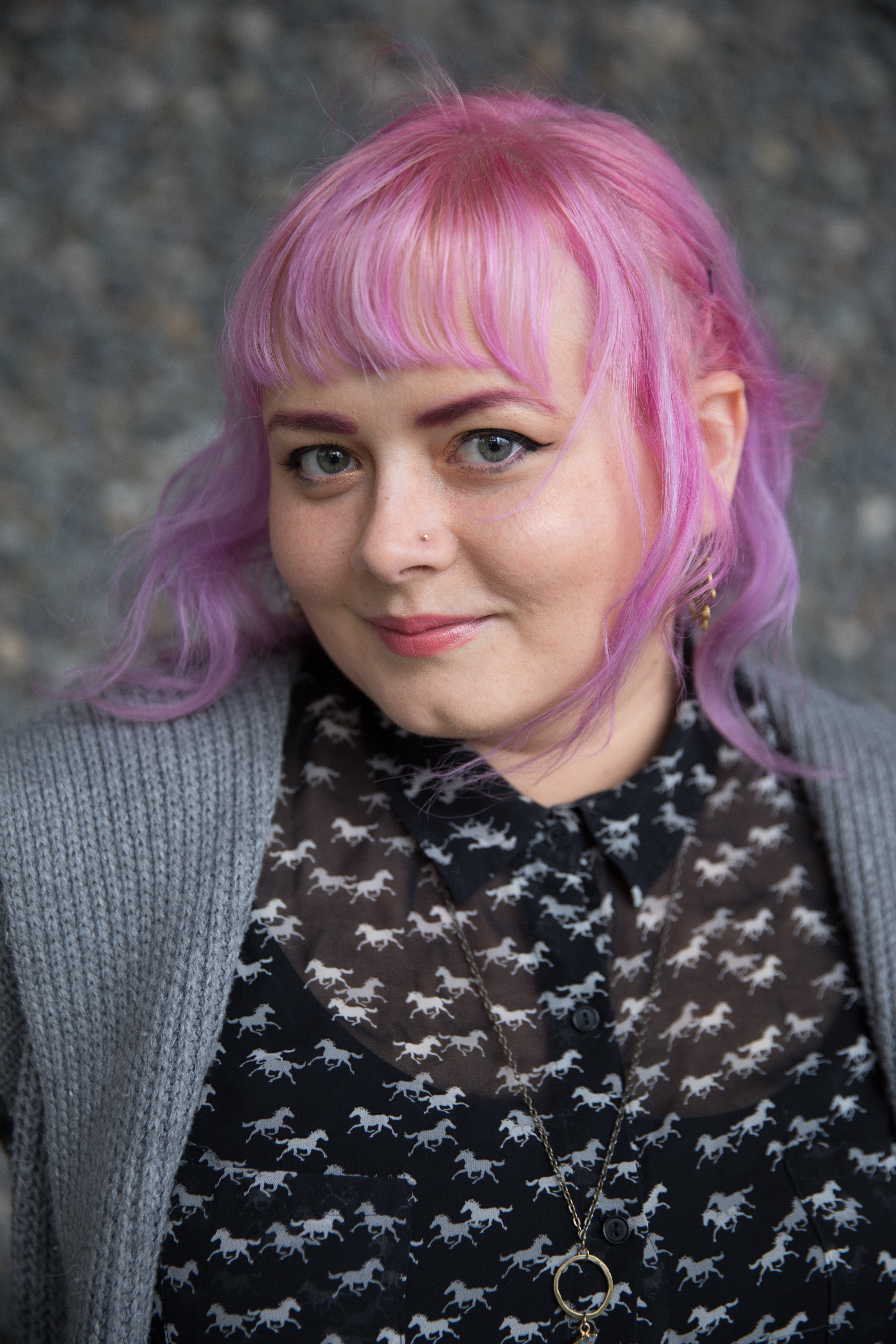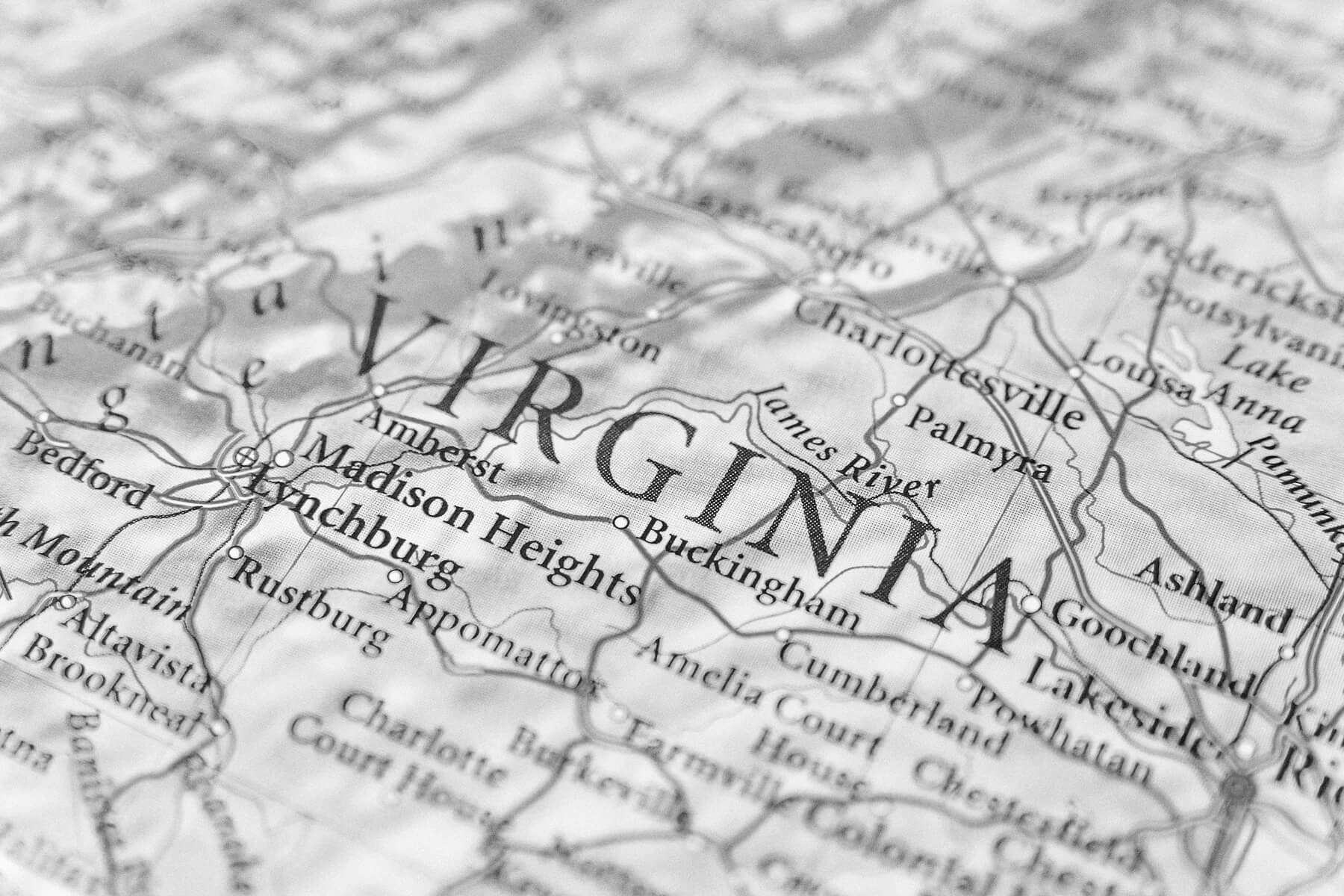
Shakespeare Made Up the Name Jessica
The first use of the name Jessica was in William Shakespeare’s play The Merchant of Venice for the daughter of the Jewish moneylender Shylock. The Bard likely used Anglicized versions of names taken from the Christian Book of Genesis for all of his Jewish characters. In the case of Jessica, the root name was probably Iscah, a very minor biblical figure who was a niece of Abraham and sister of Lot. Centuries later, Jessica had an incredible 21-year run, from 1977 to 1997, on the baby name top-five list in the United States, spending most of that time in the No. 1 or No. 2 slot.

Shakespeare Also Popularized Olivia
The masculine Oliver’s popularity far predates Shakespeare. According to legend — particularly in the 11th-century text Song of Roland — it was the name of one of Charlemagne’s warriors. The feminine version, Olivia, wasn’t popularized until the early 17th-century Shakespeare comedy Twelfth Night. In the play, Countess Olivia is a smart, beautiful noblewoman, so of course her name took root.
The meaning of the name Oliver is somewhat debated. It depends on whether or not it has the same origins as Olaf. If it does, it means “ancestor,” but if not, it could mean “olive tree.”

Emily Was a Nickname for Amelia
The name Emily rose to prominence in the 18th century, and although it evolved independently from the same root as Amelia and Emile (all from Aemilia, the name of a Roman patrician family), it entered the popular English-speaking imagination as a nickname. The German House of Hanover rose to the English throne in 1714, and they brought the name Amelia with them, first with Princess Amelia Sophia Eleanor of Great Britain (1711-1786), and then later with Princess Amelia of the United Kingdom (1783-1810). Both princesses were nicknamed “Emily.”
More Interesting Reads

Robin Was a Nickname for Robert
The earliest Robins weren’t named after the bird. In medieval England, the name Robin was a diminutive for Robert — essentially, an ancient version of Bobby or Robby. One of the earliest prominent examples is the medieval legend of Robin Hood, whose full name is, in some Elizabethan retellings, Robert Fitzooth.
Robin gained traction as a feminine name in the 1940s, possibly in those cases with avian origins. Soon, the feminine Robin far outpaced the masculine Robin, and peaked as the 25th most popular name in the U.S. in 1962 and 1963. Robert, for the record, means “bright” or “famous”; it was in the top five masculine names in the U.S. from 1906 until 1971.

Ashleigh Was a Feminized Version of the Masculine Ashley
Until about the 1960s, Ashley (which means “meadow of ash trees”) was seen as a masculine name, and Ashleigh was considered a feminized spelling. All spellings of Ashley are largely considered to be feminine today, although the traditional “-ey” ending is still the most popular. It was the 73rd most popular name of the 2010s in the U.S., but had a long run in the top five from 1983 to 2001, peaking at No. 1 in 1991 and 1992. Despite the perception of “-eigh” names being pretty popular, Ashleigh peaked in 1991, roughly following the trajectory of its more traditional counterpart, as the 176th most popular name in the U.S.

Madison Was a Joke From a 1980s Romantic Comedy
As a first name, Madison wasn’t popular until very recently. For most of the 20th century it was an unpopular masculine name, but it cracked the top five baby names in the United States as a feminine name from 2000 to 2007. The story of how it got to be there is, however, a little fishy.
Madison has a long and storied history as a last name — and that’s relevant to its recent spike. President James Madison is one of the most famous examples; he’s the namesake of Madison Park in New York City, which, in turn, lends its name to Madison Avenue. In the 1984 movie Splash, Daryl Hannah plays a mermaid trying to pass as human in the Big Apple. Her character’s real name can’t be pronounced by humans, so when she’s asked, she adopts the name Madison from the street.
Her co-lead, played by Tom Hanks, responds, “That’s not a name.” But it soon would be: The next year, Madison broke the top 1,000 names in the United States, a small but important step toward hitting the top 10 in 1997.

Maverick Has its Origins in Cattle Farming
Maverick took a meandering route to become the 40th most popular name of 2022. In modern parlance, a maverick is a free-minded individualist, making it a popular nickname (as with Tom Cruise’s character in Top Gun). Eventually, it was normalized as a given name, too. What’s curious about this is that the word “maverick” already comes from a person’s name — Samuel Augustus Maverick, a politician, land baron, and cattle rancher. He had a large herd of calves without brands that wandered freely. “Maverick” was coined to refer to an unbranded calf, but its meaning evolved pretty quickly to apply to humans, too. The name has been on the rise for more than a decade, and is around 13 times more popular now than it was in 2010.












